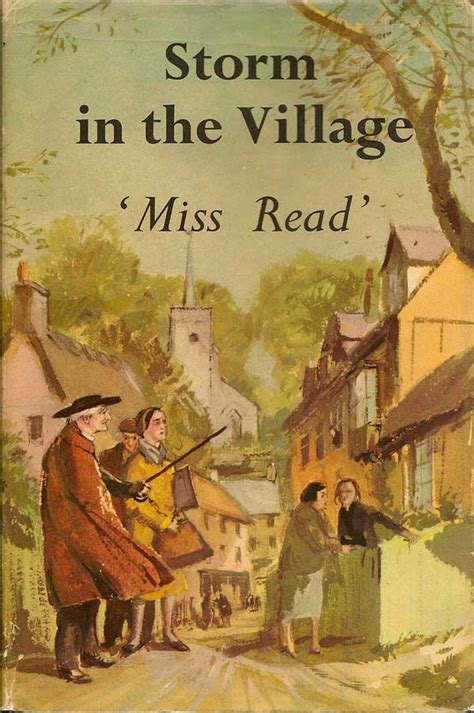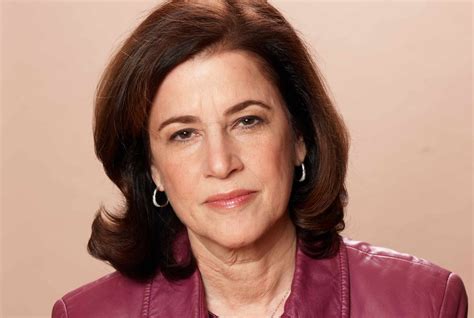A Quote by Miss Read
it seems to me that grandmothers have a very special place in the affections of young children. Not obliged, as parents are, to provide food, shelter, protection, advice and discipline, day in and day out, they can afford to be much more easy-going. The unexpected present, the extra outing, the little treat of a favourite meal prepared especially to delight the child and, above all, the time to listen to youthful outpourings, all make a grandmother a loved ally. It is hardly surprising that the bond between grandmother and grandchild is often stronger than that between parent and child.
Quote Topics
Above
Advice
Afford
Ally
Between
Bond
Child
Children
D Day
Day
Delight
Discipline
Easy
Easy-Going
Extra
Favourite
Food
Going
Grandmother
Hardly
Listen
Little
Loved
Make
Me
Meal
More
Much
Obliged
Often
Out
Outing
Parent
Parents
Place
Prepared
Present
Protection
Provide
Seems
Shelter
Special
Special Place
Stronger
Surprising
Than
Time
Treat
Unexpected
Very
Young
Young Children
Youthful
Related Quotes
Parents who are cowed by temper tantrums and screaming defiance are only inviting more of the same. Young children become more cooperative with parents who confidently assert the reasons for their demands and enforce reasonable rules. Even if there are a few rough spots, relationships between parents and young children run more smoothly when the parent, rather than the child, is in control.
Compared to other parents, remarried parents seem more desirous of their child's approval, more alert to the child's emotional state, and more sensitive in their parent-child relations. Perhaps this is the result of heightened empathy for the child's suffering, perhaps it is a guilt reaction; in either case, it gives the child a potent weapon--the power to disrupt the new household and come between parent and the new spouse.
Friends serve central functions for children that parents do not, and they play a critical role in shaping children's social skills and their sense of identity. . . . The difference between a child with close friendships and a child who wants to make friends but is unable to can be the difference between a child who is happy and a child who is distressed in one large area of life.
They may already know too much about their mother and father--nothing being more factual than divorce, where so much has to be explained and worked through intelligently (though they have tried to stay equable). I've noticed this is often the time when children begin calling their parents by their first names, becoming little ironists after their parents' faults. What could be lonelier for a parent than to be criticized by his child on a first-name basis?
One can tell a child everything, anything. I have often been struck by the fact that parents know their children so little. They should not conceal so much from them. How well even little children understand that their parents conceal things from them, because they consider them too young to understand! Children are capable of giving advice in the most important matters.






































